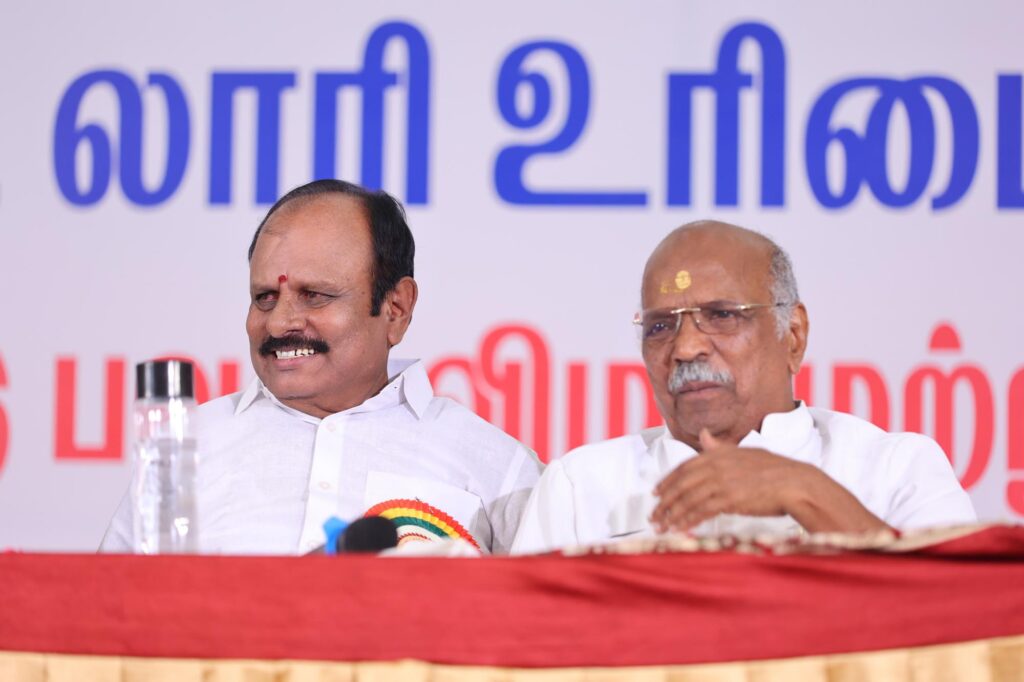
The bustling city of Salem, Tamil Nadu, is considered one of the key transport hubs in South India. It’s not surprising then that the Salem District Lorry Owners Association (SDLOA) is among the oldest truckers’ associations in the country. SDLOA recently marked an impressive milestone, celebrating its 75th anniversary and reinforcing its commitment to supporting its members and the growth of the transport industry. In a candid conversation with N. Balasubramanian, C. Dhanaraj, President of the association, shared detailed insights into the history of the association, its business initiatives, and the key challenges faced by truckers.
Reflecting on the association’s early years, he said, “Founded in 1948, SDLOA began under the leadership of Mr. Nallappa Mudaliyar as our first President. From the start, our founders had the vision to establish business initiatives, recognizing that funds were essential for the association’s growth. SDLOA’s first major initiative was a Caltex petrol bunk, which later transitioned to Hindustan Petroleum. Over time, we expanded with a Bharat Petroleum petrol pump as well.”
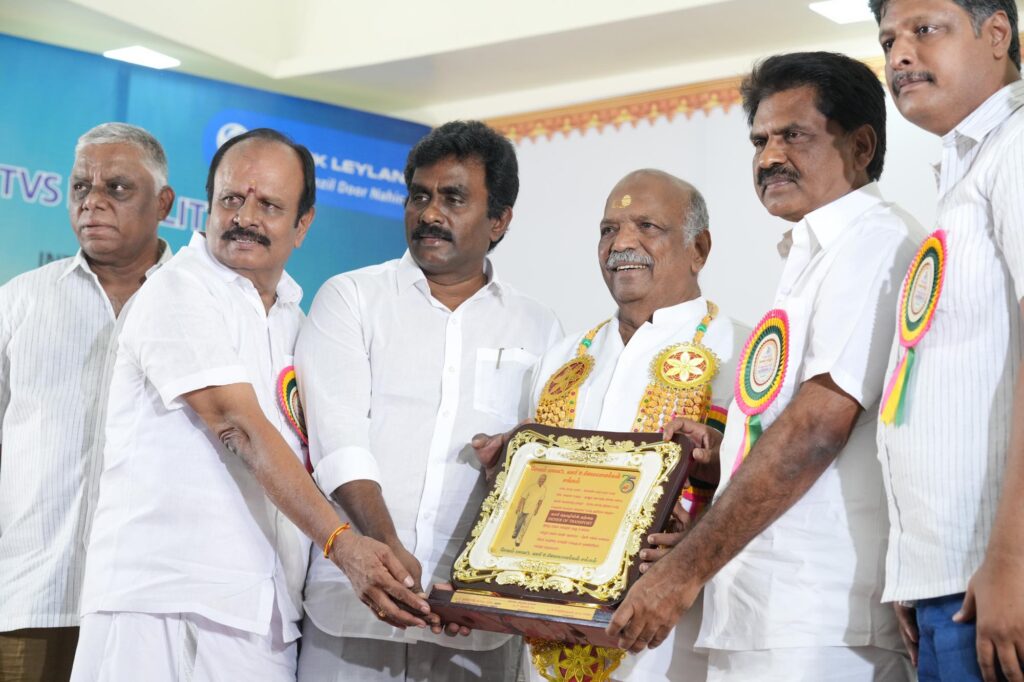
Today, SDLOA operates four petrol pump dealerships, with a combined daily sale of 60,000 liters. In addition, the association owns four oil stores strategically located around Salem, providing jobs for around 150 individuals.
Dhanaraj, an active member of SDLOA for over 30 years, reflected on his journey within the organization: “I’ve held various roles including Vice President, Joint Secretary, Secretary and now President. I’m honored to serve as President for the 2024-2027 term, a role I also held in the last term.”
South India, particularly Tamil Nadu’s Kongu region, has a rich history of well-organized truckers’ associations, including those from Salem, Namakkal, Tiruchengode, Sankagiri, and Coimbatore—each renowned across the country. Dhanaraj attributed this legacy to the high concentration of trucks in the region. “Of Tamil Nadu’s 460,000 trucks, 300,000 are based in this area. SDLOA alone represents 1,500 members with a fleet of 5,000 trucks.”
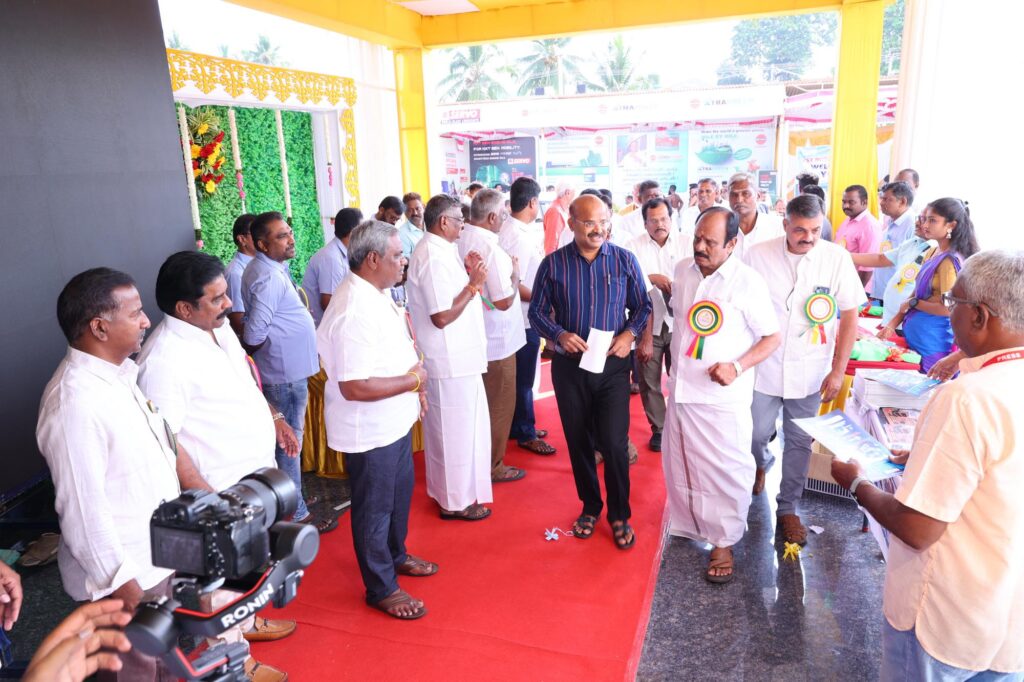
Business-focused initiatives are another key reason for the strength of these associations. “Associations here are committed to providing real value to their members through networks of petrol pumps, oil stores, and spare part outlets,” said Dhanaraj. “For instance, SDLOA offers members an Rs.1 discount per liter of diesel, and other associations offer similar discounts. Some even operate marriage halls for their communities.”
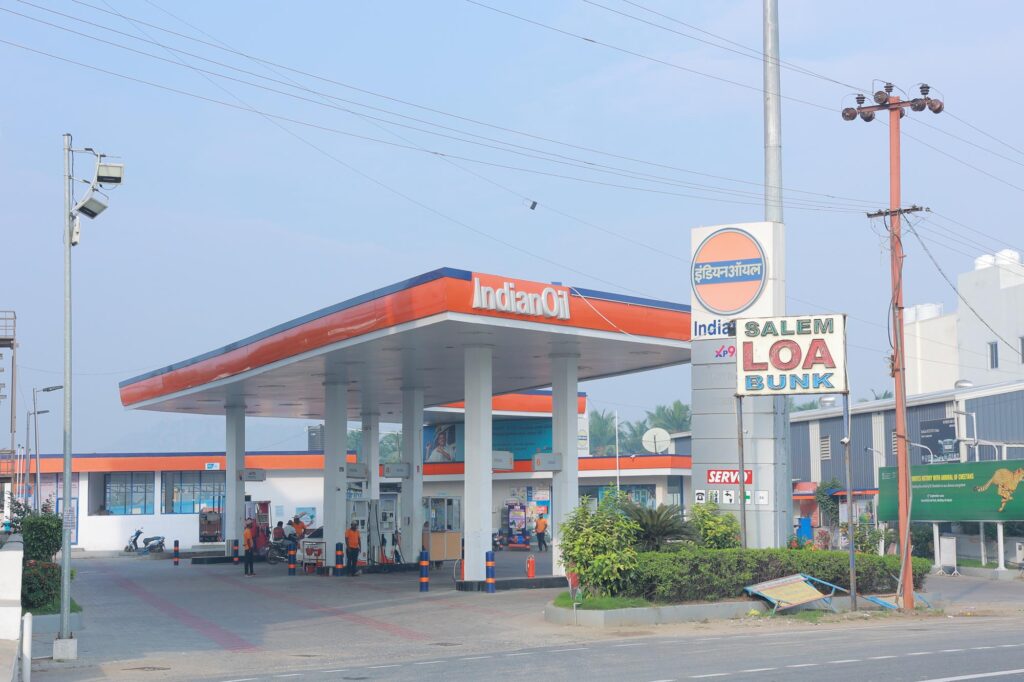
SDLOA also embraces advancements in the transportation industry. The SDLOA President welcomed innovations like BS-6 compliant vehicles and alternative fuels such as hydrogen fuel cells, LNG, CNG, and electric power. “These technologies are promising, not only from an economic standpoint but also for their environmental benefits. With rising diesel prices, they represent the future of our industry,” he explained.
Scrapping Policy Confusion
Discussing industry challenges, Dhanaraj said, “There is a lack of clarity in many policy initiatives. A good example is the scrapping policy. While there are pros and cons, the government needs to introduce a concrete policy. The uncertainty leaves us in limbo. Truckers want a straightforward process so that old vehicles can be scrapped, and new ones purchased without hassle.”
Toll-Related Issues
“Toll collection policies are another long-standing concern,” he continued. “The government mandates toll plazas should be at least 13 km from the city, but in Salem, the plaza at Karuppur is barely 10 km away. Despite complaints, no action has been taken.”
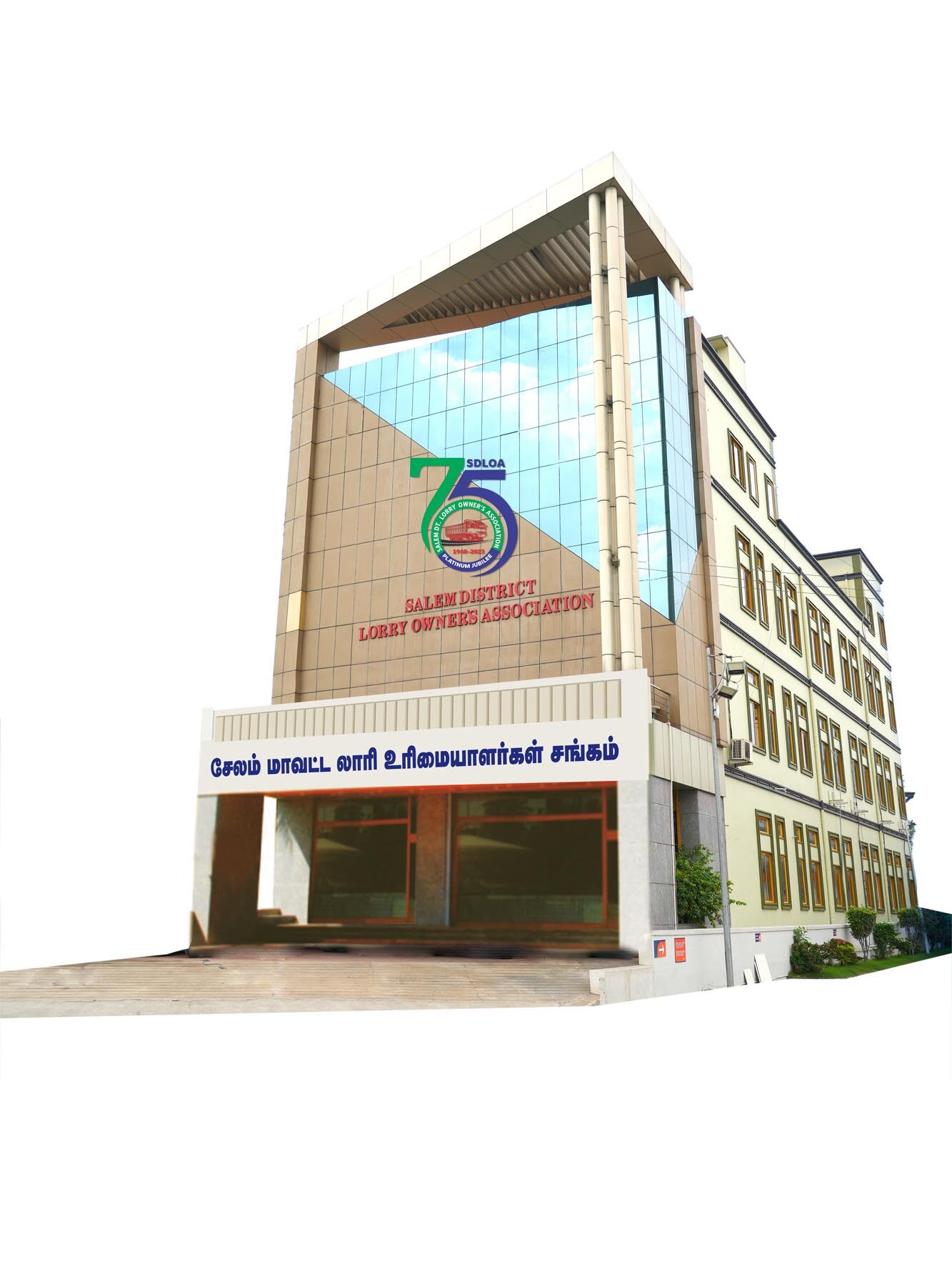
The proposed GPRS-based toll collection system has raised questions. “It’s fine for truckers driving interstate, but what about cars joining the highway near a toll plaza? Will they be charged unfairly? This could create confusion, especially for the general public,” he noted.
“Political promises to remove toll taxes remain unfulfilled. Moreover, collected tolls don’t translate into better infrastructure. Roads, parking facilities, and amenities at toll plazas remain poor, and recovery vans are often incapable of towing loaded trucks.”
Diesel Price Discrepancies
The variation in diesel prices between states poses another problem. “For example, diesel in Pondicherry is Rs.8 cheaper than in Tamil Nadu, and in Karnataka, it’s Rs.6 less. Trucks heading from Salem to Chennai detour to Pondicherry, while those going north refuel in Bengaluru. This results in significant revenue loss for Tamil Nadu,” explained Dhanaraj.
E-Challans and Parking Woes
The rising number of e-challans for illegal parking also troubles truckers. “Many times, trucks waiting in queues outside warehouses or factories are fined. Truckers earn only Rs.1,000 to Rs.1,500 per trip, and these fines eat into their income,” he said.
“In states like Karnataka, offenders can pay 50% of the fine within a stipulated period to resolve the matter. Similar provisions should be implemented in Tamil Nadu,” he suggested.
License and FC Renewals
Dhanaraj also highlighted challenges in renewing driving licenses and fitness certificates (FCs). “Previously, these could be collected in person, but now they’re sent by post, causing delays. If the documents don’t arrive on time, loaded vehicles are forced to wait, leading to revenue loss,” he said.
Reflective Stickers and Speed Governors
Mandatory annual replacement of reflective stickers is another concern. “These stickers, priced between Rs.3,000 and Rs.4,000 from authorized vendors, are worth only Rs.1,000. Moreover, modern stickers are durable and don’t need yearly replacement. The government must reconsider this rule,” he urged.
He also questioned the need for additional speed governors in new trucks, as most models already come equipped with built-in systems.
Staff Shortages at RTOs
Staff shortages at Regional Transport Offices (RTOs) compound delays in issuing FCs, RCs, and licenses. “This is an area the state government must address immediately,” said Dhanaraj.
Exorbitant Fines and Driver Shortages
Excessive fines for overloading also plague truckers. “The minimum fine is Rs.20,000, with Rs.2,000 for every extra ton and an additional Rs.40,000 if the driver doesn’t stop at a check post,” he said.
Driver shortages add to the industry’s challenges. “Few young people want to become truck drivers, despite reasonable pay. The job has become harder, with no helpers and increased theft risks. Lack of exclusive parking areas forces drivers to park on roadsides, leaving them vulnerable to accidents and legal troubles,” he explained.
Call for Action
Dhanaraj concluded by emphasizing the need for government intervention. “Key stakeholders, including state and central governments, must include us in policy discussions. We will address these issues at the upcoming general body meeting of SLOFT. If we see no action, we may have to resort to a strike. We urge the government to engage with us and work towards resolving these challenges.”